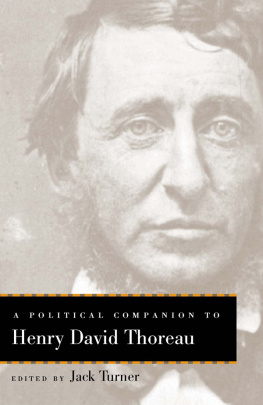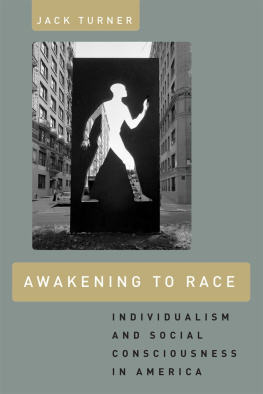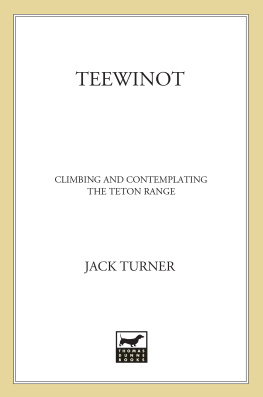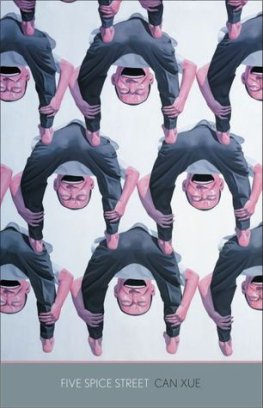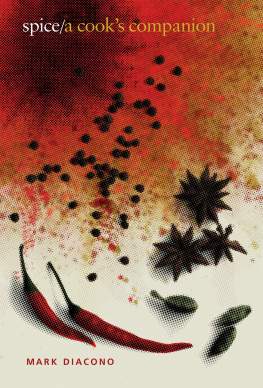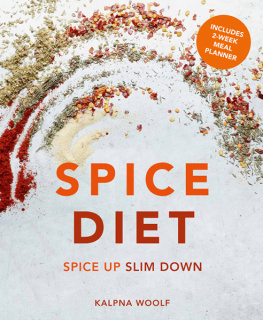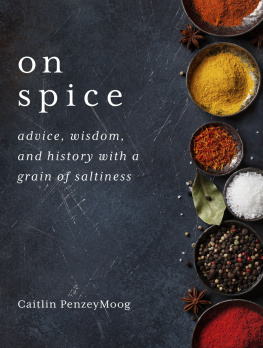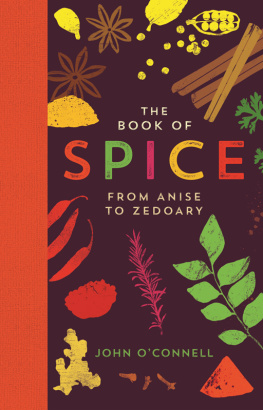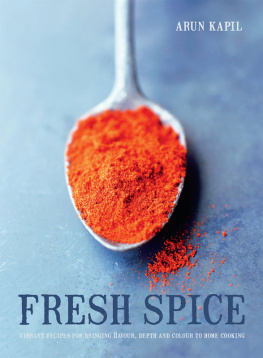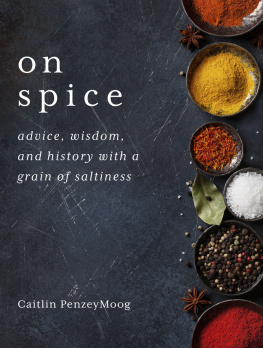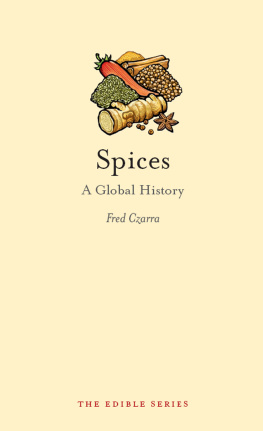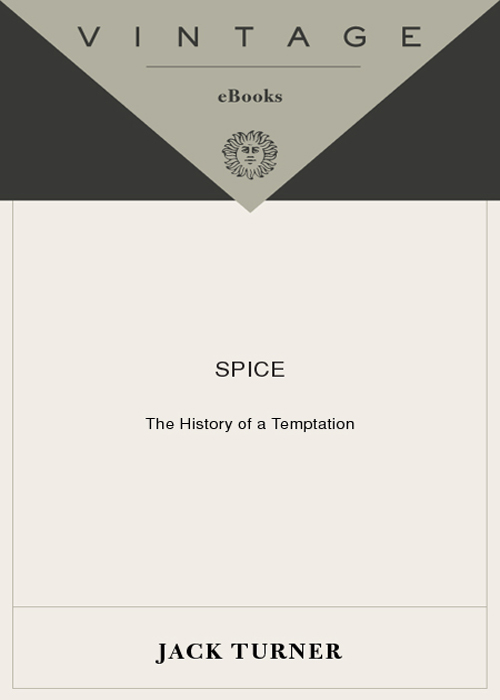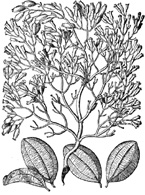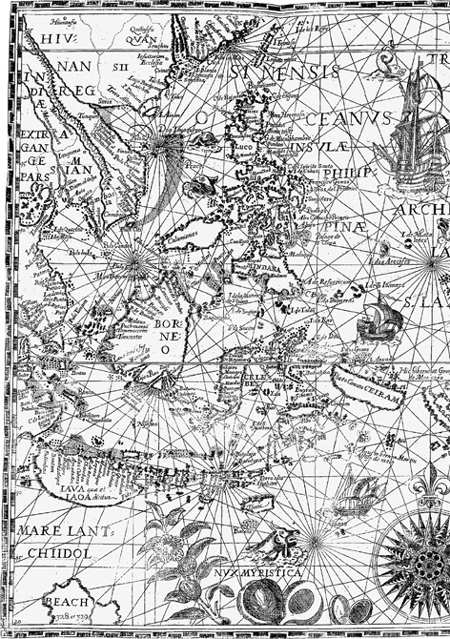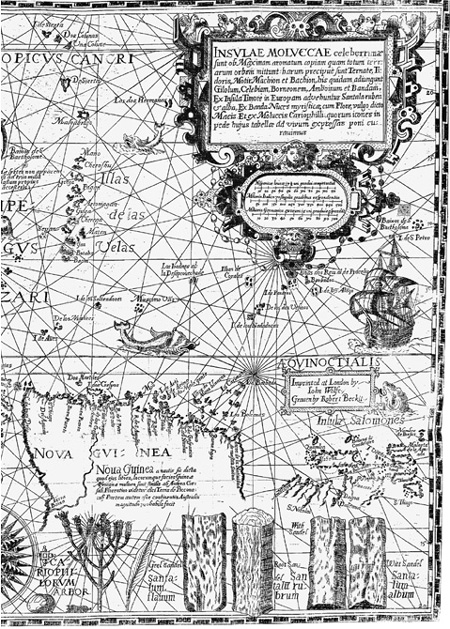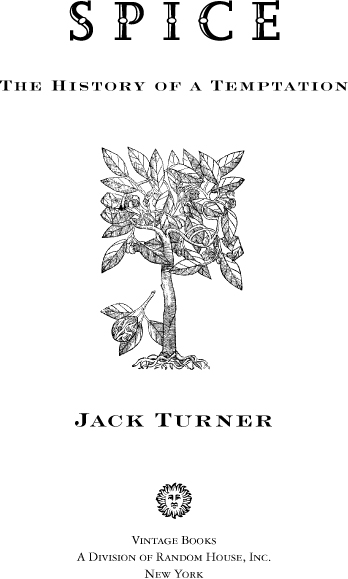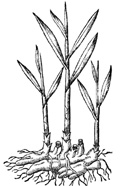Jack Turner - Spice: The History of a Temptation
Here you can read online Jack Turner - Spice: The History of a Temptation full text of the book (entire story) in english for free. Download pdf and epub, get meaning, cover and reviews about this ebook. year: 2005, publisher: Vintage, genre: Detective and thriller. Description of the work, (preface) as well as reviews are available. Best literature library LitArk.com created for fans of good reading and offers a wide selection of genres:
Romance novel
Science fiction
Adventure
Detective
Science
History
Home and family
Prose
Art
Politics
Computer
Non-fiction
Religion
Business
Children
Humor
Choose a favorite category and find really read worthwhile books. Enjoy immersion in the world of imagination, feel the emotions of the characters or learn something new for yourself, make an fascinating discovery.

- Book:Spice: The History of a Temptation
- Author:
- Publisher:Vintage
- Genre:
- Year:2005
- Rating:5 / 5
- Favourites:Add to favourites
- Your mark:
Spice: The History of a Temptation: summary, description and annotation
We offer to read an annotation, description, summary or preface (depends on what the author of the book "Spice: The History of a Temptation" wrote himself). If you haven't found the necessary information about the book — write in the comments, we will try to find it.
It was in search of the fabled Spice Islands and their cloves that Magellan charted the first circumnavigation of the globe. Vasco da Gama sailed the dangerous waters around Africa to India on a quest for Christiansand spices. Columbus sought gold and pepper but found the New World. By the time these fifteenth- and sixteenth-century explorers set sail, the aromas of these savory, seductive seeds and powders had tempted the palates and imaginations of Europe for centuries.
Spice: The History of a Temptation is a history of the spice trade told not in the conventional narrative of politics and economics, nor of conquest and colonization, but through the intimate human impulses that inspired and drove it. Here is an exploration of the centuries-old desire for spice in food, in medicine, in magic, in religion, and in sexand of the allure of forbidden fruit lingering in the scents of cinnamon, pepper, ginger, nutmeg, mace, and clove.
We follow spices back through time, through history, myth, archaeology, and literature. We see spices in all their diversity, lauded as love potions and aphrodisiacs, as panaceas and defenses against the plague. We journey from religious rituals in which spices were employed to dispel demons and summon gods to prodigies of gluttony both fantastical and real. We see spices as a luxury for a medieval kings ostentation, as a mummys deodorant, as the last word in haute cuisine.
Through examining the temptations of spice we follow in the trails of the spice seekers leading from the deserts of ancient Syria to thrill-seekers on the Internet. We discover how spice became one of the first and most enduring links between Asia and Europe. We see in the pepper we use so casually the relic of a tradition linking us to the appetites of Rome, Elizabethan England, and the pharaohs. And we capture the pleasure of spice not only at the table but in every part of life.
Spice is a delight to be savored.
From the Hardcover edition.
Jack Turner: author's other books
Who wrote Spice: The History of a Temptation? Find out the surname, the name of the author of the book and a list of all author's works by series.

